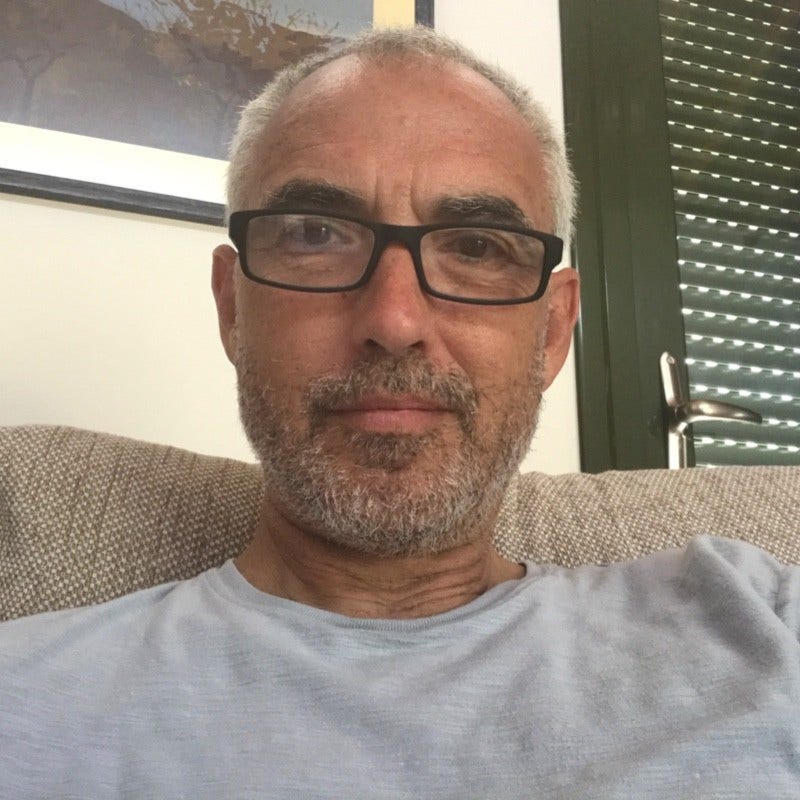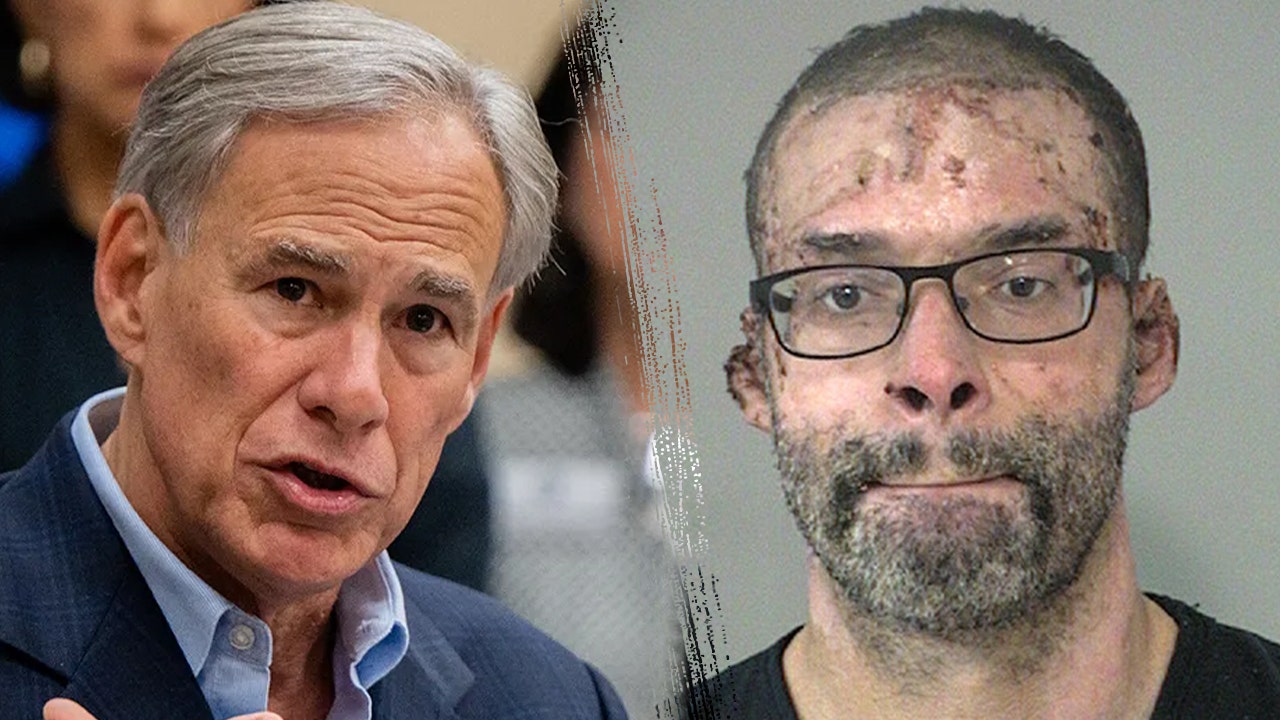We’ve been focused for a while now on the four criminal cases against Donald Trump, but many of his associates are in legal trouble, too.
Prosecutors in a number of swing states have been pursuing charges against an array of people who were involved in his efforts to remain in power following his defeat in the 2020 election.
The cases center on the so-called fake electors scheme, and together, these prosecutions could provide new insights into the roots and extent of the effort to overturn the election and hold a bigger cast of characters accountable.
Starting almost before some states had even finished counting ballots, pro-Trump lawyers, state Republican officials and White House aides undertook an effort to create false slates of electors declaring that Trump had won in several swing states that were actually won by President Biden. The idea was to have Vice President Mike Pence cast doubt on the certification of Biden’s victory at a proceeding at the Capitol on Jan. 6, 2021, and have the false slates ready as part of an effort to engineer a victory for Trump.
To catch you up on the various electors cases, we reached out to our colleague, Danny Hakim, who has been following the proceedings.
How many state elector cases are there and where have they been filed?
Danny: As of this month, elector cases have been filed in five states. Michigan and Georgia went first last summer. Nevada followed in December. Arizona and Wisconsin filed charges this year.
The cases are very different.
The Georgia prosecution, led by Fani Willis, the district attorney of Fulton County, is the only one to directly implicate Trump. It’s also the only case so far that has led to guilty pleas. To date, four of the original 19 defendants have entered pleas.
The Arizona case, which was brought in April by Kris Mayes, the state attorney general of Arizona, took an approach similar to Georgia’s: 18 people were charged with conspiracy, fraud and forgery, including top current and former Trump aides like Mark Meadows, the former chief of staff; Rudy Giuliani, a former Trump lawyer; and Boris Epshteyn, a Trump adviser.
Wisconsin brought charges earlier this month and was the only state that didn’t charge any fake electors at all, focusing instead on Trump campaign advisers.
State prosecutors in Michigan and Nevada brought narrower cases, only charging the fake electors themselves.
To what extent do the different cases illuminate the role that Trump personally played in seeking to overturn the 2020 election?
While Trump himself faces charges only in Georgia, he is listed as an unindicted co-conspirator in other cases.
Don’t forget: the Georgia inquiry was spurred in large part by the disclosure of a recording of Trump’s call on Jan. 2, 2021 to pressure Brad Raffensperger, Georgia’s secretary of state, to “find” enough votes to reverse his loss.
Raffensperger was among the 75 witnesses who testified to a special grand jury that delved into the case for several months. But there’s much we still don’t know about Trump’s behavior, since the transcripts of those interviews have not been released.
What new information might surface in the state cases that may not be revealed in the federal election case filed by the special counsel, Jack Smith?
At this point, the most intriguing new information is likely to come from people in the Georgia case — chief among them, Kenneth Chesebro, a Trump lawyer and a key architect of the plan to deploy fake electors.
Chesebro has pleaded guilty to charges in Georgia and has become a key prosecution witness in all four of the other investigations as well.
His interview with Michigan investigators, which was obtained by The New York Times and others, sheds new light on dissension within the Trump camp. Chesebro told investigators in Michigan that he had been misled by the campaign and had not known that it was “trying to create chaos in state legislatures.”
In another interview with Michigan investigators that The Times obtained, James Renner, a former state trooper who acted as a fake elector, described his shock when he followed the congressional investigation of the Jan. 6 attack and its revelations about the elector plan.
“I can’t overemphasize how once I read the information in the J6 transcripts how upset I was that the legitimate process had not been followed,” he said in the interview. “I felt that I had been walked into a situation that I shouldn’t have ever been involved in.”
How many of the cases are likely to go to trial before the election in November?
None. Most of these cases are still quite new and have a long way to go before reaching trial.
The judge in the documents case was urged to step aside
There was some news this week in Trump’s classified documents prosecution in Florida. Citing two people briefed on the conversations, The Times reported that shortly after Judge Aileen Cannon was assigned to the case last June, two more experienced judges in her district — including the chief judge — urged her to step aside and let another jurist handle the matter.
Cannon rejected the highly unusual entreaties and kept the case. She did so even though the chief judge, Cecilia Altonaga, suggested it might look bad if she continued overseeing it, given a ruling she had made that was favorable to Trump in the investigative phase of the case.
Your questions
We’re asking readers what they’d like to know about the Trump cases: the charges, the procedure, the important players or anything else. You can send us your question by filling out this form.
Why can’t the criminal cases proceed before the immunity question is sorted? — Annette Yono, Maricopa, Arizona
Alan: As a general rule, defendants have to wait to appeal a legal issue until after they are convicted. But the issue of immunity is different. It can be brought up on appeal in the middle of a criminal case. That’s for a simple reason: Whether someone is immune from prosecution raises the fundamental question of whether the charges should have been filed against them in the first place. Courts have decided that any case involving issues of immunity needs to be paused altogether until they are resolved.
What else to watch
-
We’re about to embark on a series of hearings in Trump’s classified documents case in Florida. On Friday, Judge Cannon will hear arguments on whether the special counsel, Jack Smith, was properly appointed. Next week, among other things, she’ll consider a motion by Trump’s lawyers to suppress evidence collected during the F.B.I.’s search of Mar-a-Lago, Trump’s estate in Florida, two years ago, and to exclude damning information from one of his lawyers who was forced to testify in front of a grand jury that investigated Trump.
-
We’re also still waiting for two important Trump-related Supreme Court decisions that could come at pretty much any moment. One involves Trump’s claims in his federal election case in Washington to be immune from prosecution because the charges arose from acts he took as president. The other concerns the viability of a federal obstruction law that sits at the heart of the same case.
Where does each criminal case stand?
Trump is at the center of at least four separate criminal investigations, at both the state and federal levels, into matters related to his business and political careers. Here is where each case stands.






